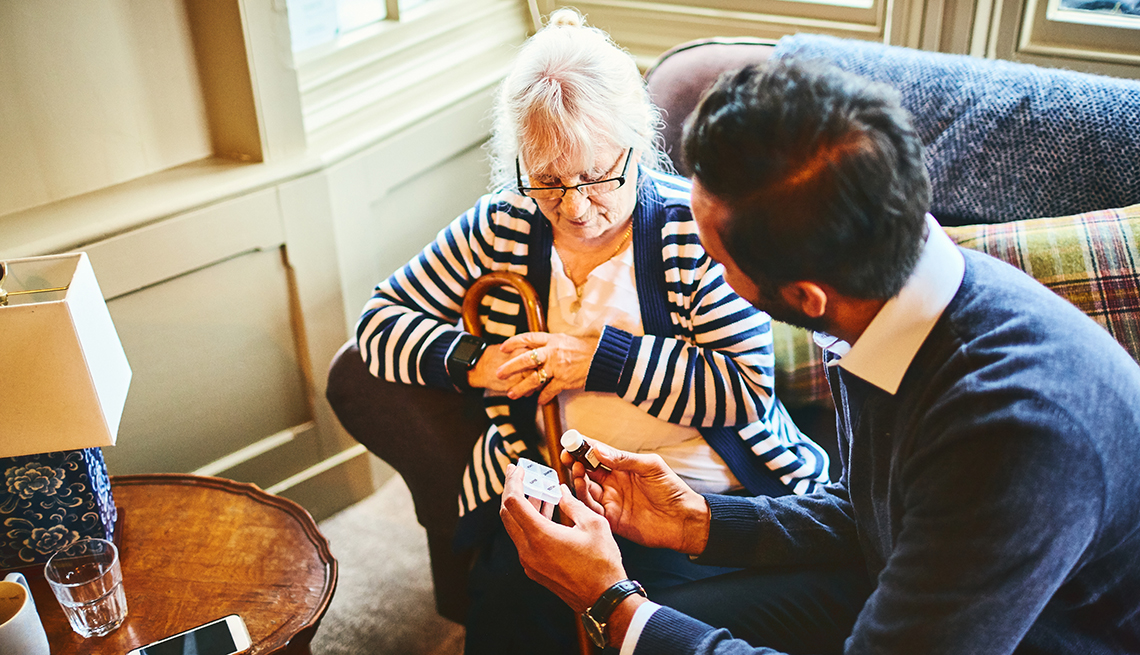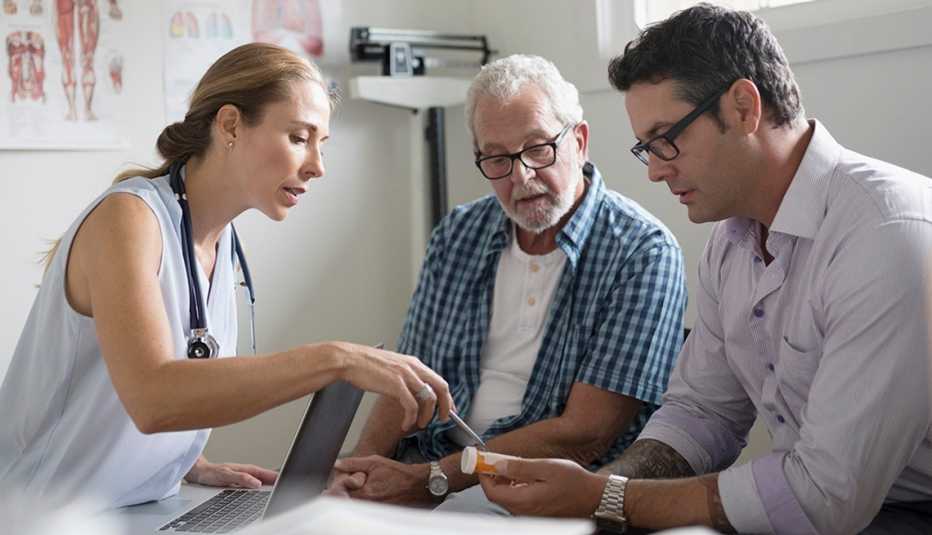Staying Fit
Half of American family caregivers are performing medical tasks they are not trained to do, from handling pain management to giving injections, and they are carrying a heavier burden than caregivers who are not taking on those responsibilities.
According to a new report from the Founders of the Home Alone Alliance released today at the American Society on Aging convention in New Orleans, 20 million of America's 40 million family caregivers are without adequate instruction or guidance on home medical care.


AARP Membership— $12 for your first year when you sign up for Automatic Renewal
Get instant access to members-only products and hundreds of discounts, a free second membership, and a subscription to AARP the Magazine.
"Home Alone Revisited: Family Caregivers Providing Complex Care,” a special report from the alliance (AARP, United Hospital Fund, Family Caregiver Alliance and UC Davis Health Betty Irene Moore School of Nursing) surveyed 2,089 family caregivers about their roles and responsibilities. “Revisited” is a follow-up to AARP's 2012 “Home Alone” study that was the first national look at how caregivers manage complex home medical tasks.
The new survey shows that family caregivers are diverse in age, sex and ethnicity. One in four caregivers are millennials (ages 22 to 37); men account for 40 percent of all caregivers. The study also found that many caregivers feel socially isolated and 70 percent worry about pain management.
"Twenty million people — a huge number of people — are facing these challenges,” says Susan Reinhard, senior vice president and director of AARP Public Policy Institute. “They need the help, they deserve the help."
Reinhard says that many caregivers are so new to even the most basic of tasks, such as maneuvering a wheelchair or getting a loved one up and down stairs, that they don't know the questions to ask health care providers. “We need professionals to anticipate their needs,” she says, “to say, ‘You might think of questions when you get home, but let me give you some of the top 10 things people ask me.'”
Reinhard notes that there is a chasm between what health professionals expect caregivers to do and what they teach them to do. “Many health professionals in hospitals assume that there is a visiting nurse that comes in [to help provide care]. That is actually why we called [the study] ‘Home Alone’ to begin with — because so few actually get home care."
Other key survey results:



































































